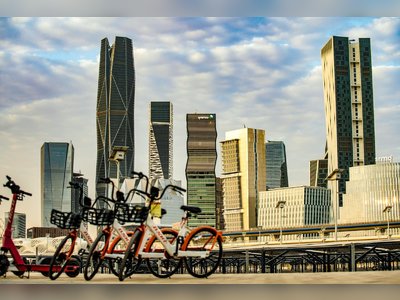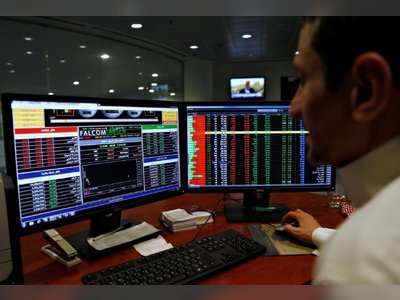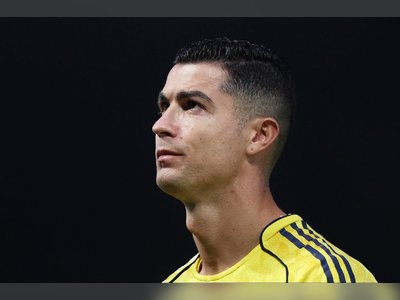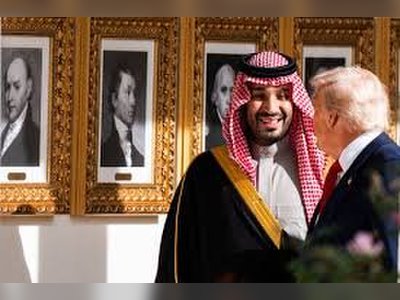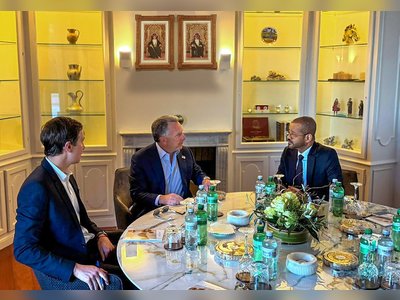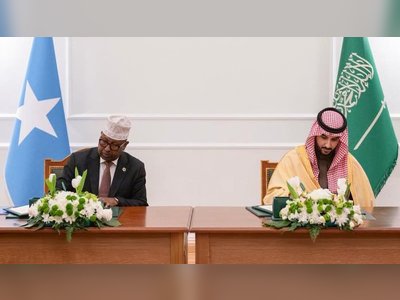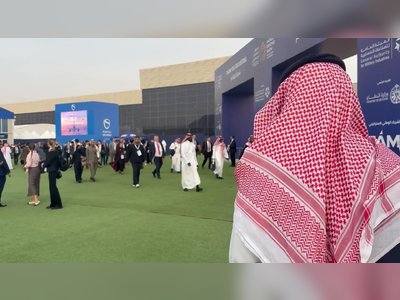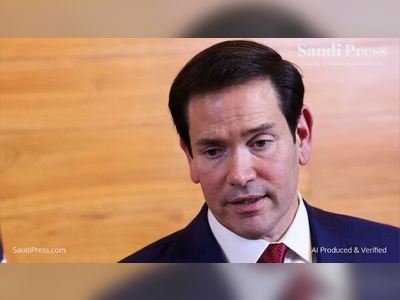Global Unrest: From Fragile Ceasefires to Free Speech Battles and Defense Shifts
Tensions rise in Southern Lebanon with Israeli-Hezbollah ceasefire under scrutiny, while international criticism mounts following the arrest of author Boualem Sansal in Algeria.
In Southern Lebanon, tensions simmer as two people were wounded by Israeli fire amid a volatile ceasefire between Israel and Hezbollah. This truce, orchestrated by the United States and France, aims for a temporary cessation of hostilities, yet skepticism looms with critics questioning its durability.
Transitioning from regional conflict to issues of free expression, the arrest of French-Algerian author Boualem Sansal in Algeria has sparked an international outcry. His detention has become a focal point for discussions on human rights and free speech, resonating within European political arenas.
Meanwhile, former MI6 chief Richard Dearlove voices his doubts on the efficacy of the Israel-Hezbollah ceasefire, likening it to a fragile replay of previous agreements. He warns of potential escalation involving Iran, highlighting broader security implications if tensions escalate.
Shifting to defense strategies, Germany is set to redeploy Patriot air defense systems in Poland early next year. This move intends to bolster security for supply routes to Ukraine, echoing previous deployments in response to missile threats in Eastern Europe.
On a different front, a South Korean coalition persists with daily protests advocating for Palestinian rights. This long-standing movement seeks to alter South Korea's arms trade with Israel amid ongoing conflicts in Gaza, reflecting growing international civil society activism.
Finally, Ukraine is gearing up for its second global summit, striving to forge a path to peace amid the persistent Russian invasion. Despite facing challenges in garnering support from major non-Western nations, Ukraine continues to develop strategic frameworks for broader diplomatic engagement.
Transitioning from regional conflict to issues of free expression, the arrest of French-Algerian author Boualem Sansal in Algeria has sparked an international outcry. His detention has become a focal point for discussions on human rights and free speech, resonating within European political arenas.
Meanwhile, former MI6 chief Richard Dearlove voices his doubts on the efficacy of the Israel-Hezbollah ceasefire, likening it to a fragile replay of previous agreements. He warns of potential escalation involving Iran, highlighting broader security implications if tensions escalate.
Shifting to defense strategies, Germany is set to redeploy Patriot air defense systems in Poland early next year. This move intends to bolster security for supply routes to Ukraine, echoing previous deployments in response to missile threats in Eastern Europe.
On a different front, a South Korean coalition persists with daily protests advocating for Palestinian rights. This long-standing movement seeks to alter South Korea's arms trade with Israel amid ongoing conflicts in Gaza, reflecting growing international civil society activism.
Finally, Ukraine is gearing up for its second global summit, striving to forge a path to peace amid the persistent Russian invasion. Despite facing challenges in garnering support from major non-Western nations, Ukraine continues to develop strategic frameworks for broader diplomatic engagement.


